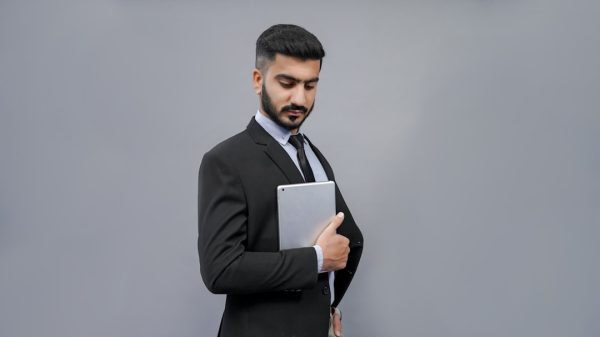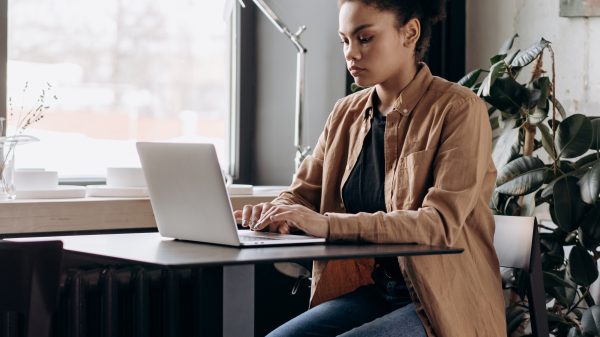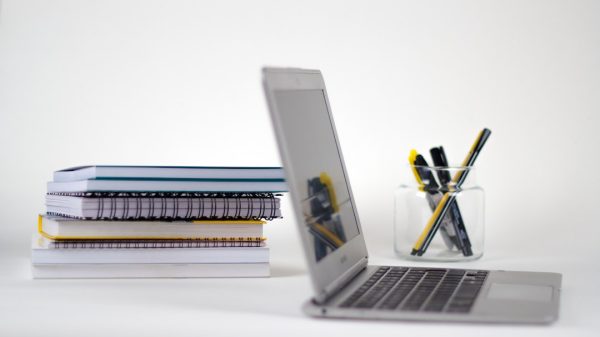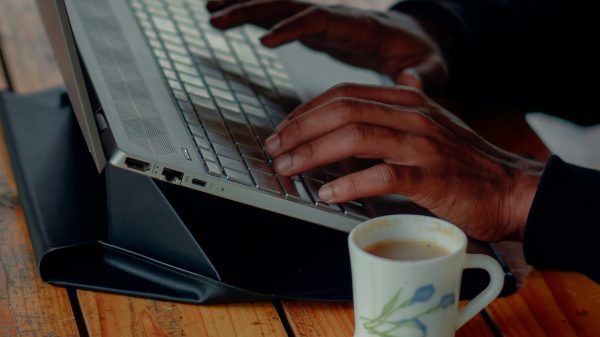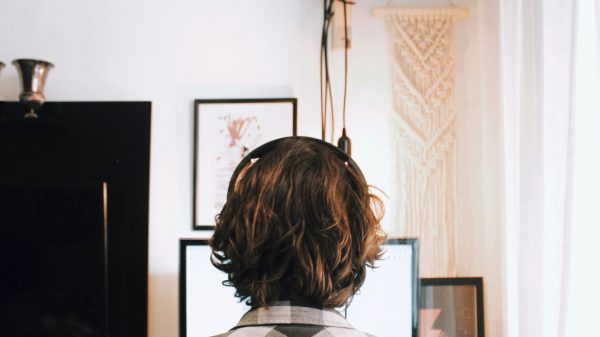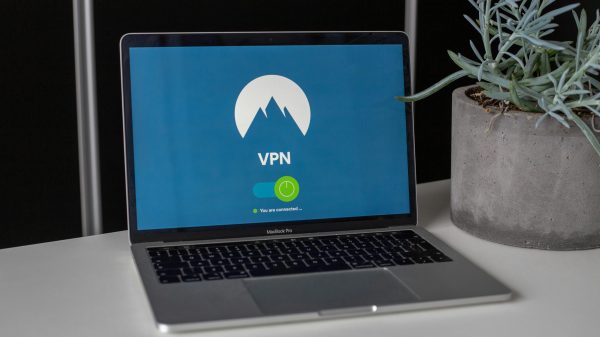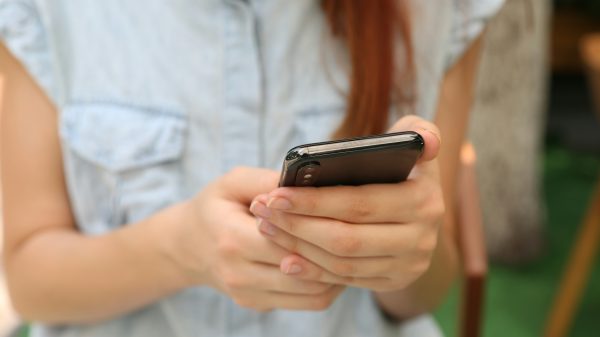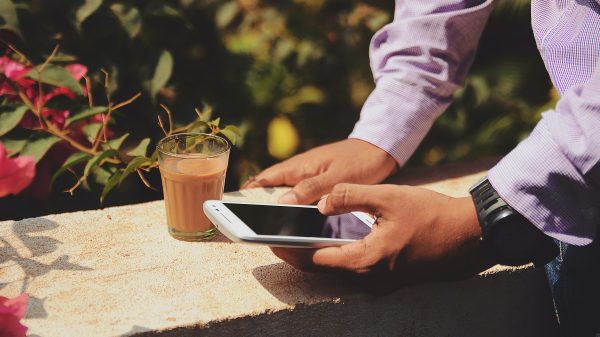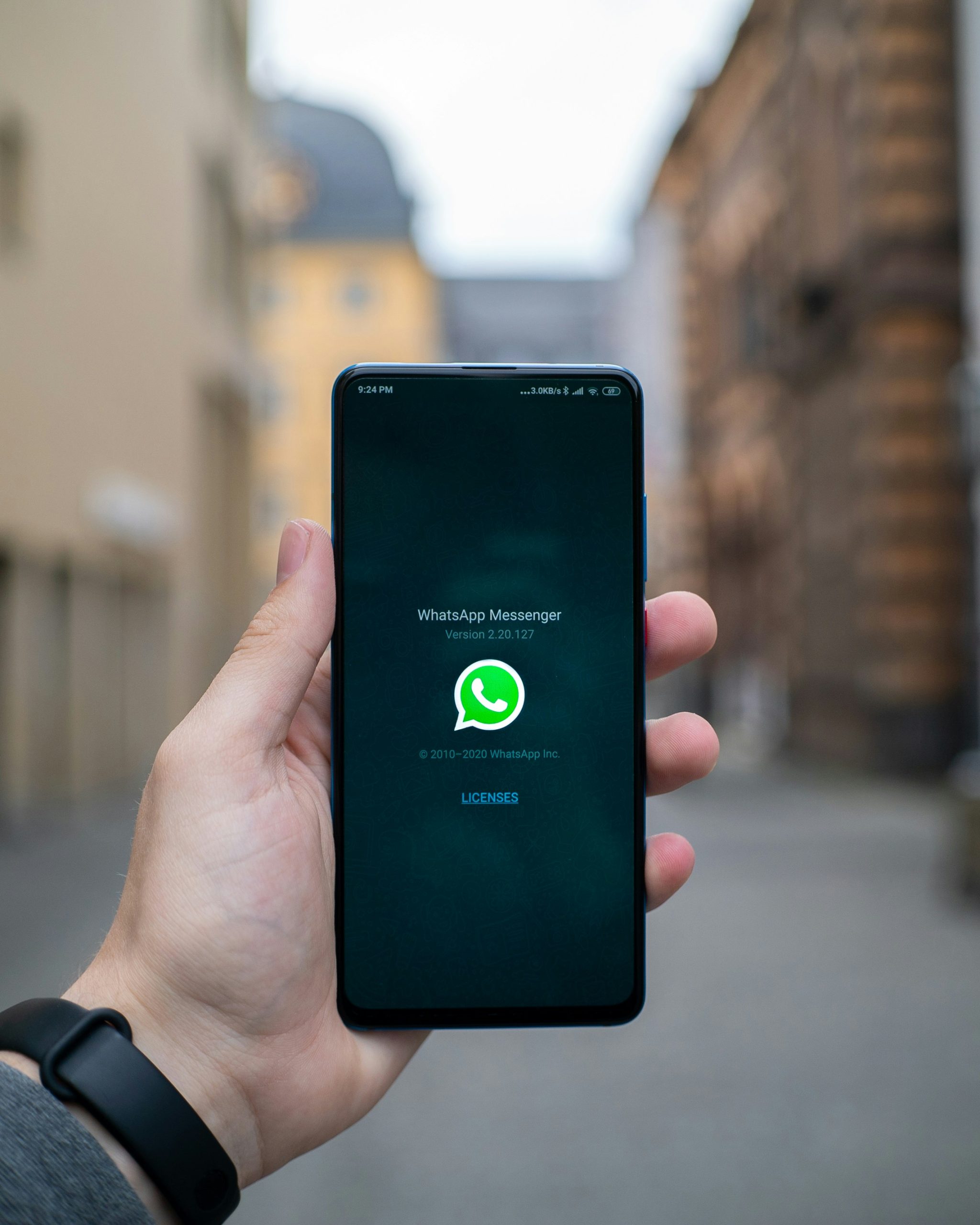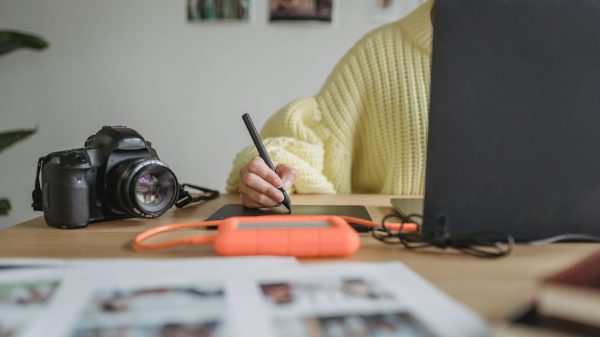In today’s digital age, social media security has become increasingly important. With platforms like WhatsApp being a primary means of communication, the threat of account compromise is a genuine concern. When an account is accessed by an unauthorized individual, it can lead to privacy invasion, data theft, and even financial fraud. Maintaining a secure online presence is not just about protecting information; it’s about safeguarding personal and professional relationships. Ensuring the security of your WhatsApp account is crucial, as it often holds sensitive chats, contacts, and even media files that should remain private.
How to Check If Someone Is Using Your WhatsApp Account
If you suspect that someone might be using your WhatsApp account without your permission, there are several signs to look out for and steps you can take to verify any unauthorized access.
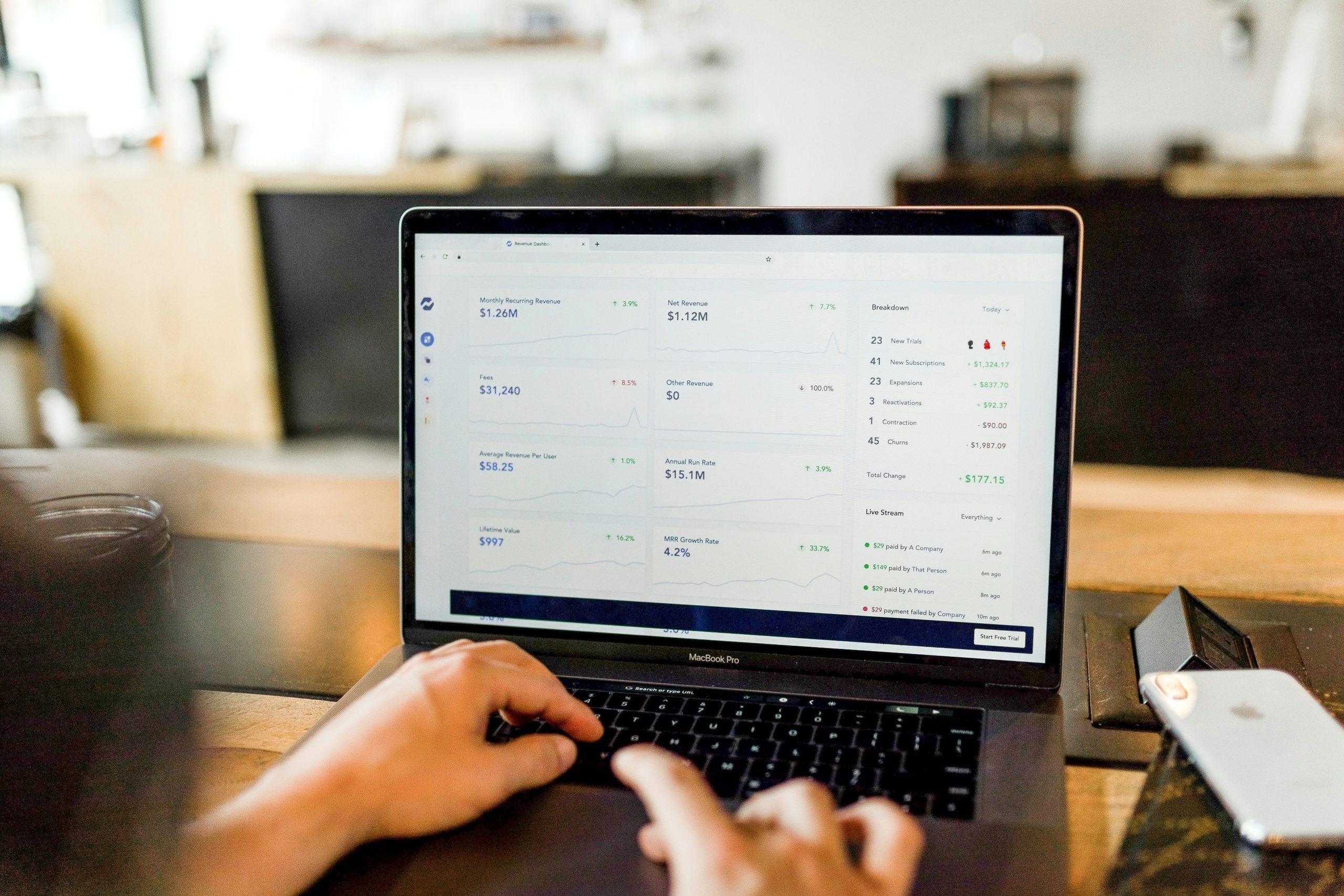
Here’s how to check if someone is using your account:
1. Check WhatsApp Web/Desktop Sessions
WhatsApp can be accessed through a web browser or desktop app. If someone has logged in to your WhatsApp Web without your permission, you can check for active sessions:
- Open WhatsApp on your mobile device.
- Tap the three dots (menu) in the top-right corner (for Android) or the “Settings” tab (for iOS).
- Select “Linked Devices.”
- You will see a list of devices where your WhatsApp account is currently logged in.
- If you notice any unfamiliar devices or locations, select the suspicious session and tap “Log Out.”
2. Monitor Unusual Activity in Chats
Unexpected or strange behavior in your chat history can be a sign of unauthorized access:
- Messages you didn’t send: If you see messages that you didn’t send, especially to contacts you rarely communicate with, this is a red flag.
- Read messages you haven’t opened: If messages appear as read even though you haven’t opened them, it could indicate someone else is reading your chats.
- New contacts or unknown groups: If your account has been added to groups or is messaging unfamiliar contacts, it could mean someone else is using it.
3. Look Out for the WhatsApp “Last Seen” Timestamp
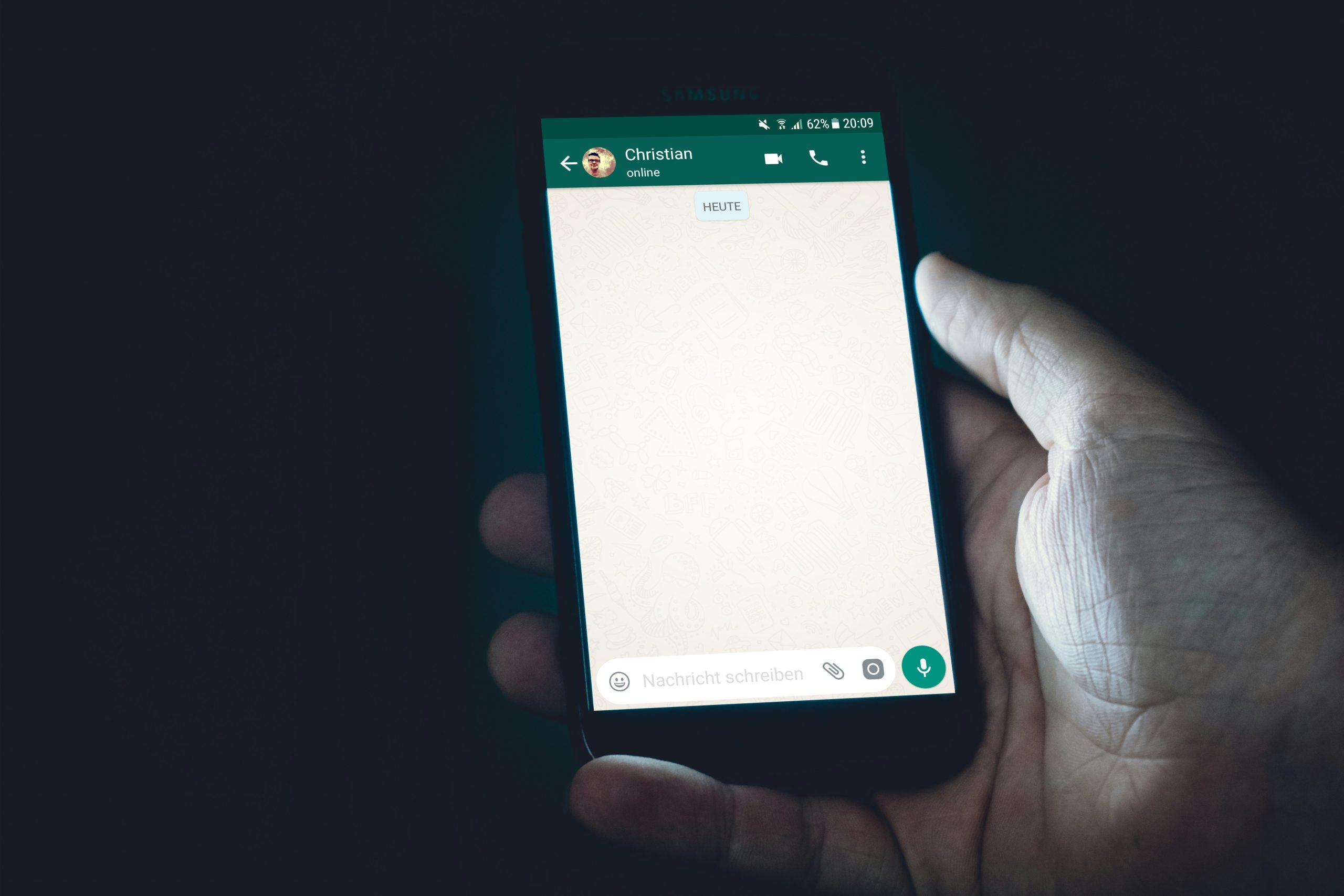
The “Last Seen” status on WhatsApp shows the last time the app was accessed. If you notice that the last seen timestamp shows an activity when you were not using the app, it’s a possible indication that someone else accessed your account.
4. Check for Verification Code Messages
WhatsApp sends a verification code via SMS to your phone when someone tries to register the account on a new device. If you receive a verification code without requesting it, someone else may be attempting to access your account. In such cases, do not share the code with anyone.
5. Use Two-Step Verification
Two-step verification adds an extra layer of security to your WhatsApp account:
- Go to WhatsApp “Settings” > “Account” > “Two-step verification.”
- Enable it and set a six-digit PIN.
- Add an email address as a backup for additional security.
Tools for Securing Your WhatsApp Account
To further safeguard your WhatsApp account, consider using additional security tools and best practices. Here are a few recommendations:
1. Authy
Authy is a powerful two-factor authentication app that can enhance your WhatsApp security by enabling two-step verification. Though WhatsApp has built-in two-step verification, Authy adds an extra layer of protection by storing your backup codes securely and providing alerts if someone attempts to access your account.
2. Cerberus
Cerberus is a security app for Android that provides anti-theft features, such as locating a lost or stolen device, locking the phone remotely, and wiping data. If someone has physical access to your phone, they may be able to gain unauthorized access to WhatsApp. Cerberus helps protect the device and, by extension, your WhatsApp account.
3. Kaspersky Mobile Security
Kaspersky is well-known for its antivirus and cybersecurity solutions, but it also offers features to secure your WhatsApp account. With real-time protection against malware and phishing attacks, Kaspersky Mobile Security can help prevent any backdoor access to your WhatsApp data, even if someone tries to exploit vulnerabilities on your device.
Conclusion
Protecting your WhatsApp account is essential in today’s digital landscape, where privacy and security threats are ever-present. By actively monitoring account activity, enabling two-step verification, and using reliable security tools, you can significantly reduce the risk of unauthorized access. Make a habit of periodically checking your account’s activity and stay informed about the latest security practices to keep your personal information safe.


